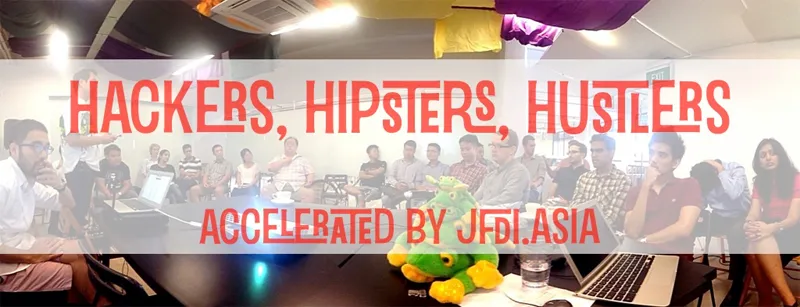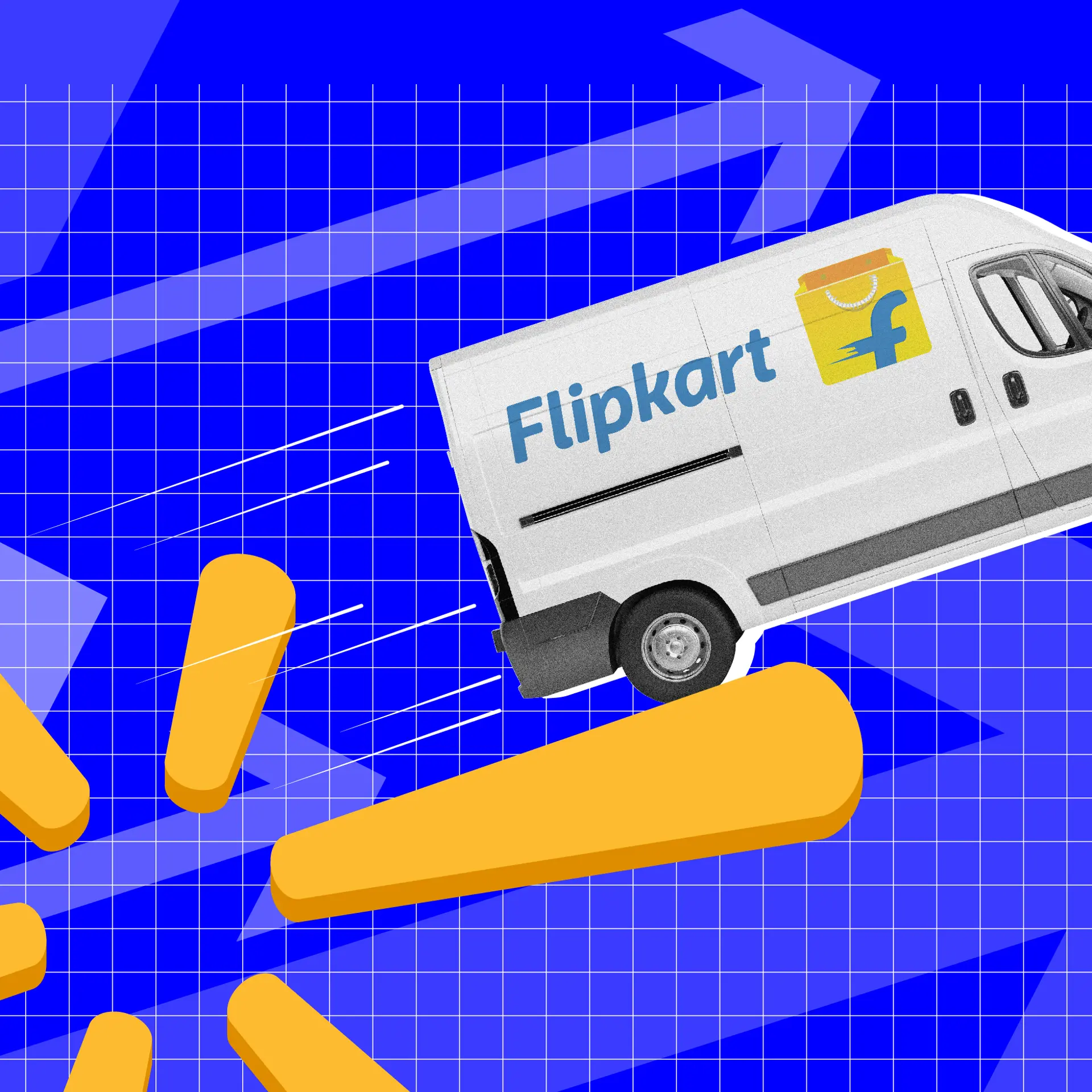JFDI.ASIA launches program to help startups achieve ‘problem-customer’ fit
Joyful Frog Digital Incubator (JFDI) is a Singapore-based startup incubator that is a part of the Global Accelerator Network set up by the US accelerator Techstars. JFDI has taken in many Indian startups and most recently, the digital incubator launched a 21-day program called JFDI Discovery.

The program intends to help startup founders take a deep dive into their markets in a quest to achieve ‘problem-customer fit’. The program will run every month and teaches participants to apply the formal methods used with success in JFDI’s main 100-day accelerator program.
Delivered every month through a blend of self-directed activity and online support, JFDI Discovery is available to everyone. There is no need to attend physical meetings or group webinars unless participants want to, so it can run alongside existing work commitments. Hugh Mason, Co-founder and CEO of JFDI, said, “Meng Wong and I were inspired to set up JFDI by the fact that it’s now possible to systematize innovation and to teach entrepreneurship like never before. The information you need is all open source and online, but anyone who’s tried to, say build a six-pack ab, on their own will know that it’s not easy to get results like that. Our experience is that it helps a lot to have a coach and a community and that’s what JFDI Discovery provides.”

The program wants to help startups answer three key questions in less than a month:
- Are we serious about entrepreneurship?
- What problem are we fixing in the world?
- Who would pay to have that problem fixed?
JFDI Discovery was piloted from January 2014 by Ray Wu, JFDI’s former accelerator manager, who is now a JFDI mentor alongside running his own startup. The pilot resulted in two startup teams being offered and accepting places in JFDI’s main Accelerate program. JFDI’s new team members Adrian Tan and Huang Chi-Kai are now building on the successful pilot program, and incorporating the learning from JFDI’s work accelerating 40 startup teams across APAC.
Every participating team that completes its assignments gets a weekly “Office Hours” call from the mentor team to keep them moving forward. JFDI says that the key objective is to help teams find out for themselves if they have what it takes to succeed and teams that don’t achieve the goals they set themselves can try again.
This step adds to the trend of incubators and accelerators rethinking and modulating their form of relationship with startups. Instead of a typical program for a fixed duration followed up with help in raising capital, accelerators and incubators are involving themselves in more ancillary activities in an effort to bring more value add.
Globally, one can sense segregation in the types of technology accelerators -- one group is the top notch one where seasoned entrepreneurs come in to get inputs on their product, and the other one is for the first-time entrepreneurs who are still learning the ropes, and these accelerators are becoming more like a school for startups.
Webite: JFDI.ASIA







